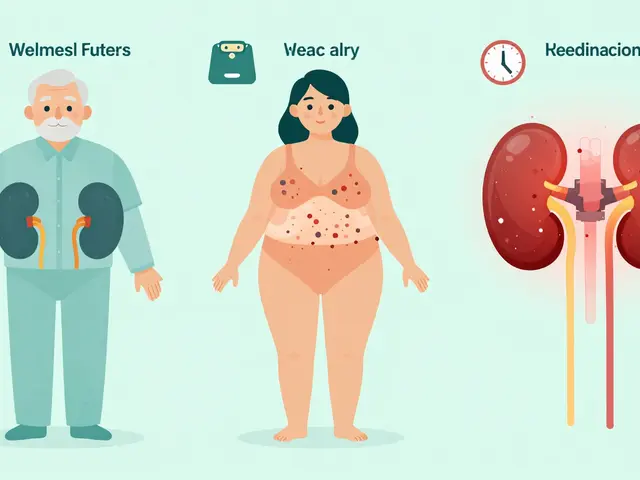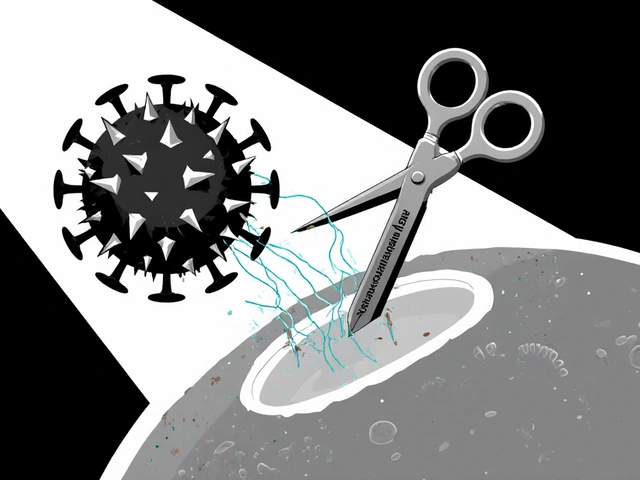Sleep Guides & Tips – Meds, Supplements, and Healthy Habits
Struggling to get a good night’s sleep? You’re not alone. Whether you reach for a pill, a herbal tea, or just try to change your bedtime routine, the right advice can keep you from making a costly mistake. Below you’ll find plain‑talk guidance on common sleep meds, safe supplements, and everyday habits that actually work.
Common Sleep Medications & What to Watch For
Prescription sleep aids like zolpidem (often sold as Ambien) or temazepam are designed for short‑term use. They can help you fall asleep faster, but they also carry risks such as daytime drowsiness, dependence, and even sleep‑walking episodes. If your doctor prescribes one, ask about the lowest effective dose and set a clear stop‑date. Over‑the‑counter options like diphenhydramine (Benadryl) or doxylamine are cheap, but they may leave you groggy the next day and aren’t meant for daily use.
When you shop online, stick to reputable pharmacies that require a valid prescription. Look for verification badges, check if the site is licensed in your country, and never buy a medication that promises “instant results” without a doctor’s note. Cutting corners can land you with counterfeit pills that do more harm than good.
Natural Supplements and Lifestyle Tips for Better Rest
Many people turn to melatonin, magnesium, or valerian root to calm the mind. Melatonin can be helpful for shift workers or jet lag, but the dose should stay under 3 mg unless a doctor says otherwise. Magnesium supports muscle relaxation, yet you’ll get the best results from food sources like leafy greens, nuts, and beans before adding a supplement.
Beyond pills, simple habits often make the biggest difference. Keep your bedroom cool, dim the lights an hour before bed, and put screens away at least 30 minutes prior to sleep. A short walk after dinner, a warm shower, or a few minutes of deep breathing can signal your body that it’s time to wind down. Consistency is key – try to hit the same bedtime and wake‑up time every day, even on weekends.
If you’re unsure whether a sleep aid is right for you, start with a conversation with your pharmacist or doctor. They can review your medical history, check for drug interactions, and suggest the safest route to better rest. Remember, good sleep isn’t just about the night you’re lying in bed; it’s about the choices you make all day long.
Bed-Wetting Solutions: Effective Ways to Sleep Through the Night
No one likes waking up in soggy sheets, but bed-wetting happens to more kids and even some adults than you'd think. This article covers why it happens, busts a few stubborn myths, and offers straightforward solutions that actually make a difference. You’ll get clear, doable tips on changing habits, using products, and working with your doctor when it’s needed. We’ll even look at how to handle the emotional side, so you don’t feel alone with this issue. Ready for better sleep and dry mornings?






